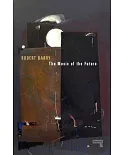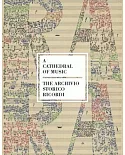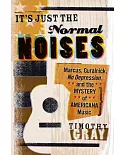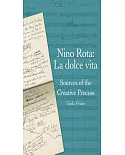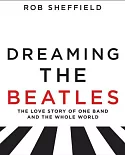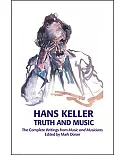Although many of the world's musical traditions recognize the positive value of music for ethical life, the Western philosophical tradition has largely forgotten this idea. The dominance of
formalism in musical aesthetics has encouraged this abandonment of the concept that music has an ethical dimension. Greater attention to musical experience and to the way that context affects
the meaning that music communicates to performers and listeners help to bring music's ethical potential into focus. In The Music of Our Lives, Kathleen Marie Higgins illustrates that the
arguments that Plato used to defend the ethical value of music are still applicable today. Music encourages ethically valuable attitudes and behavior, provides practice in skills that are
valuable in ethical life, and symbolizes ethical ideals and the possibility of interpersonal harmony. In these ways it develops our ability to live well and to think clearly about our ethical
situation. Music provides a model for the good human life.



